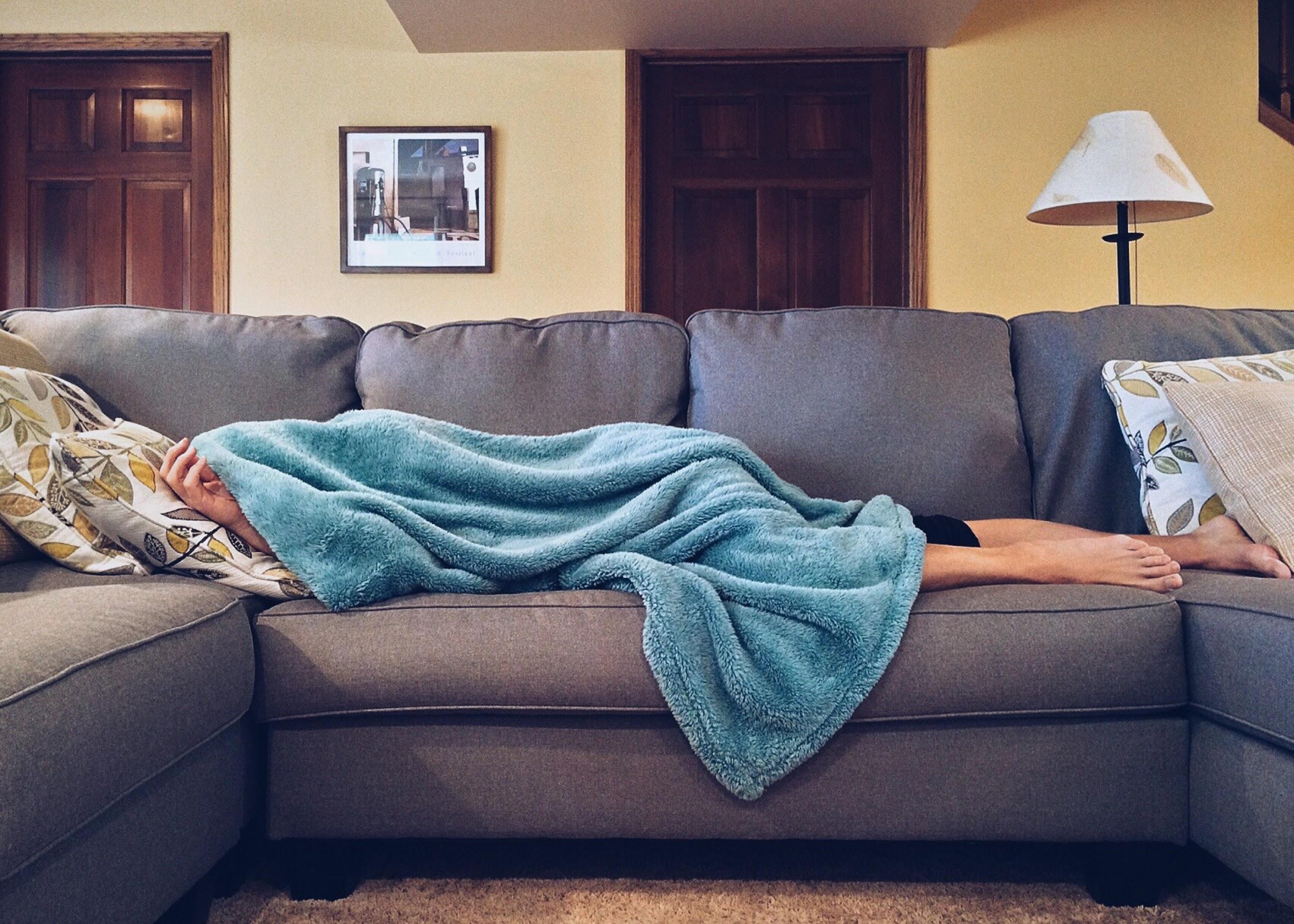
Photo by Pexels
4 Ways to Get a Better Night’s Sleep When Dealing with Mental Health Issues
Sleep issues often come with the territory when dealing with mental health issues and illnesses such as anxiety, panic disorders, and depression. Although lack of sleep is a symptom, it can also be a contributing cause to poor mental health. According to Live Science, "How well we sleep might actually play a role in our mental health." While poor sleep and mental health are an unfortunate cycle, there are some tips and tricks you can try to get the rest your brain and body need.
Ditch Your Mattress
A common reason for poor sleep is your poor mattress and the fact that you haven’t gotten a new one in way too long. The typical lifespan of a mattress is seven to 10 years, but it might wear out long before that. Take note of how you feel each morning, including pain, discomfort, and just being tired. You might not be able to visibly see that your mattress is losing its support, but your body can. With the plethora of mattresses available on the market, you might not be sure what to go with next. Memory foam mattresses, for example, are a popular choice for most sleep positions, and come in a variety of types (soft or firm, foam-only or hybrid), as well as plenty of price points to meet your budget. Shop around and take one, two, or 10 for a test drive.
Put Away Your Phone
When you can’t sleep, one of the first things you do is pick up your phone, but this is a habit you need to break. As bedtime approaches, your body produces melatonin to give you that sleepy feeling, but the blue light from your phone suppresses melatonin production and causes your body’s natural sleep clock to get all out of whack.
Fortunately, there are ways to block blue light using various settings on your phone, iPad, and computer.
Reconsider Sleeping with Your Pet
This is a tough one, as having your pet in bed with you makes for great snuggles and extra security. However, it can also be a serious sleep disruption. In a survey of 300 sleep disorder patients, more than half said their dog disrupted their sleep nightly. Think about how many times you wake up each night as a result of your dog. Your body enters various stages of sleep throughout the night from light to deep, so constantly waking makes it difficult to get a good night’s rest. This might really be the case if your dog is a large breed. You don’t have to ban Fido completely, but getting him his own space might do the trick. Of course, keep in mind that he’s used to sleeping with you, so it’s a difficult habit for him to get out of as well. A large dog crate with a door works great, as it can fit a comfy bed inside as well. However, just make sure your pooch has room to lie down, sit, and stand comfortably.
Find the Right Bedtime Routine
Bedtime routines are for kids, right? Wrong! Positive Routines notes, “a bedtime routine is a set of repeated behaviors that prep your mind and body for good sleep,” and this applies to everyone. Finding the right bedtime routine can help you wind down before bed and help trigger the release of melatonin. Remove stimulants such as caffeine, electronics, and rigorous exercise from your nightly habits and replace them with relaxing activities such as meditating, journaling, or preparing for the next day so you aren’t lying in bed thinking about it.
If you have a mental health disorder, lack of sleep is most likely a symptom, but it can also be a trigger. Any sleep issues should be discussed with your doctor, but keep in mind that you can help (or hinder) the process too. Do what you need to do to get the sleep you need whether that’s getting a new mattress or banning Fido and his loud snores from your bed.